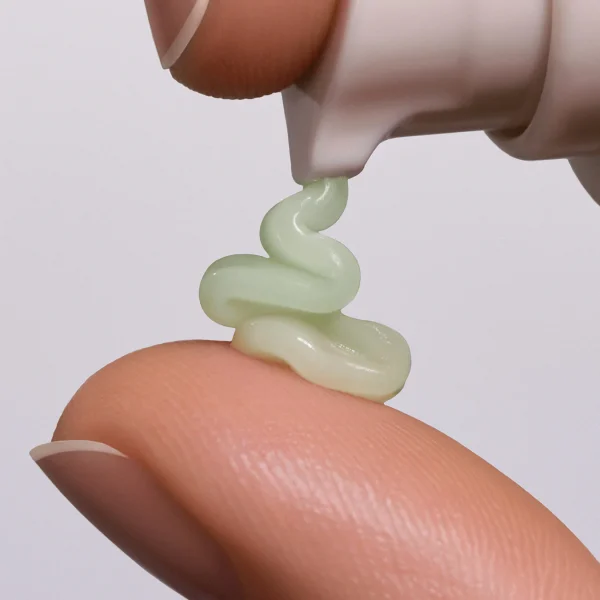
Retinol Before Or After Moisturizer
Retinol Before Or After Moisturizer? Before we dig into that, please understand that retinol is a popular skincare ingredient known for its ability to improve skin texture, reduce fine lines, and even out skin tone. Derived from vitamin A, it’s an active ingredient that encourages skin cell turnover, helping to reveal fresher, healthier-looking skin.
The Importance of Layering
When it comes to using retinol, how you layer it with other skincare products matters. Proper layering ensures that your skin absorbs the benefits of each product without causing irritation or diminishing effectiveness.
Should You Apply Retinol Before or After Moisturizer?
The answer to whether you should apply retinol before or after moisturizer depends on your skin type and sensitivity.
1. For Sensitive Skin:
If your skin is sensitive or you’re new to using retinol, applying it after your moisturizer can help buffer the ingredient. This method, known as the “sandwich” technique, creates a protective layer between your skin and the retinol, reducing the chances of irritation.
2. For Normal or Oily Skin:
If your skin is less sensitive and you’ve been using retinol for a while, applying it directly to clean, dry skin before your moisturizer might be more effective. This allows the retinol to penetrate more deeply, maximizing its benefits.
How to Apply Retinol for the Best Results
- Cleanse: Start with a gentle cleanser to remove any dirt or makeup.
- Apply Retinol: If using retinol before moisturizer, wait until your skin is completely dry, then apply a pea-sized amount. If applying after, use your moisturizer first, then follow with retinol.
- Moisturize: Finish with a hydrating moisturizer to lock in moisture and protect your skin barrier.
- Sun Protection: Always follow up with sunscreen in the morning, as retinol can make your skin more sensitive to the sun.
How Often Should You Use Retinol?
Retinol is powerful, so starting slowly is key. Begin by using it once or twice a week, then gradually increase to every other night or as tolerated by your skin. Over time, your skin will build tolerance, and you can enjoy its full benefits.
Common Concerns
1. Will Retinol Make My Skin Dry?
Retinol can cause dryness, especially when you first start using it. That’s why it’s important to use a good moisturizer and to listen to your skin. If you experience excessive dryness or peeling, reduce the frequency of use.
2. Can I Use Retinol with Other Active Ingredients?
It’s best to avoid combining retinol with other strong active ingredients like AHAs, BHAs, or vitamin C, as this can increase the risk of irritation. Instead, alternate their use on different nights or consult with a dermatologist for a personalized routine.
Conclusion
Retinol is a fantastic ingredient that can transform your skin, but using it correctly is crucial. Whether you apply it before or after your moisturizer depends on your skin’s needs and tolerance. Start slow, be consistent, and always protect your skin with sunscreen.

Leave a Reply